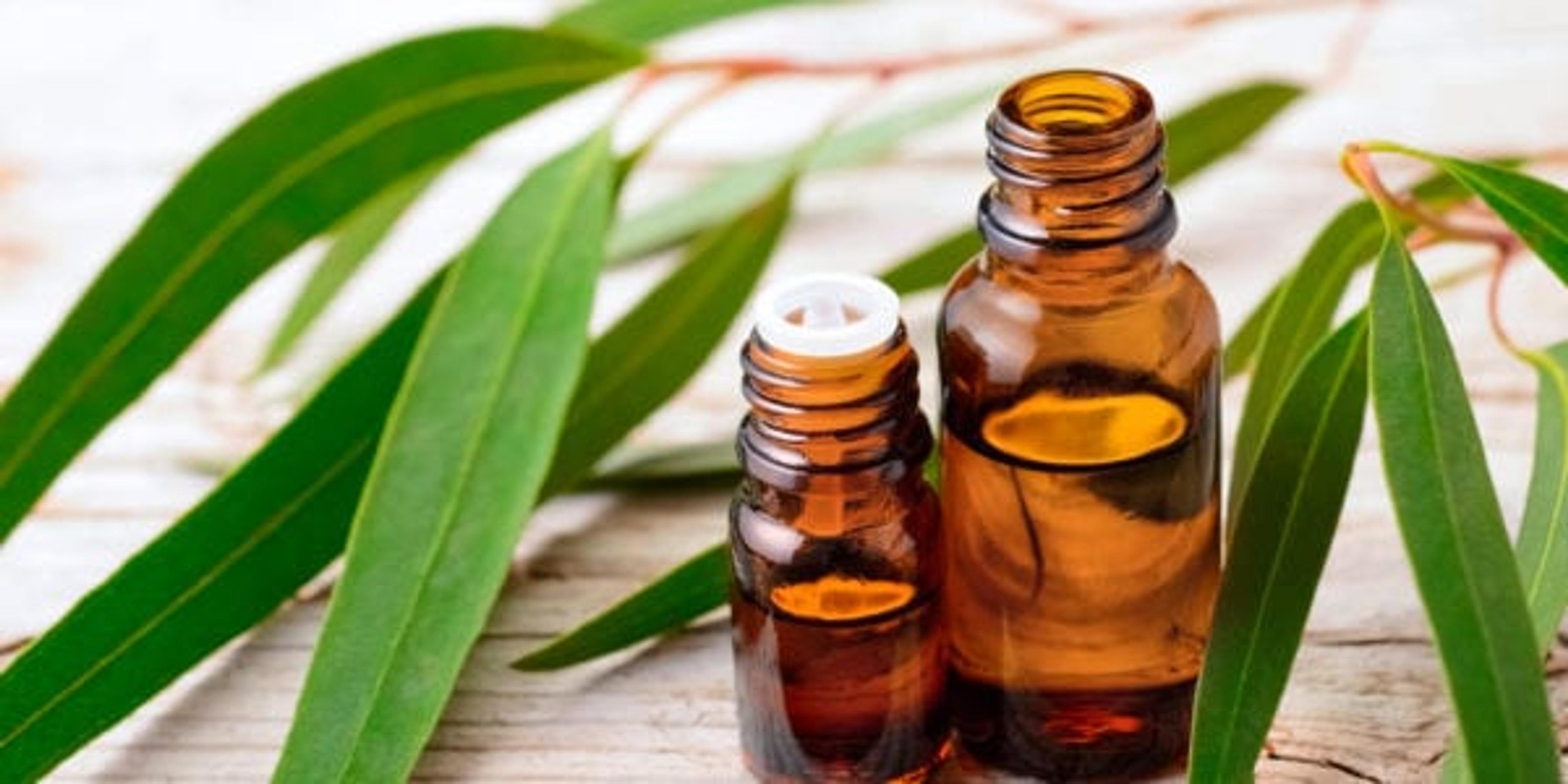Essential Oils and Your Health: A Beginner’s Guide
| 3 min read

Lately it seems like you can’t glance at Facebook or Pinterest without seeing a post about essential oils and how they can fix almost anything that ails you.
But what exactly are they, do they work and how should you be using them? There’s a lot of information out there, but here’s the quick-start guide to using essential oils.
What are they? Essential oils are naturally extracted from the roots, leaves, seeds or blossoms of various plants. Some are used topically (placed on your skin) because they are believed to have antibacterial, antifungal and anti-inflammatory properties. Others are more often inhaled (through aromatherapy) as a way to reduce anxiety, respiratory problems and tension headaches.
Ready to give it a shot? Here are some of the most popular oils out there:
- Eucalyptus: Derived from the eucalyptus tree, this ingredient is often found in cough drops or syrups. It can help with respiratory problems, sinusitis, colds or sore throats. It can also bring relief if you have aching muscles or joints.
- Tea Tree: One of the most common uses of this oil, which is extracted from tea tree leaves and has anti-fungal benefits, is to treat athlete’s foot (or fight foot odor in general).
- Lavender: Taken from the lavender flower, this oil is often associated with the treatment of insomnia, anxiety, nervousness and depression. One study found that dental patients who inhaled the scent of lavender while waiting had less anxiety than those who passed the time in a scent-free room.
- Peppermint: Peppermint oil is commonly used to aid digestion, reduce nausea and even alleviate some symptoms of irritable bowel syndrome. Note: Experts say you should avoid use on children.
- Lemon: Lemon oil is thought to relieve nausea, hydrate skin, reduce acne, and detoxify the body. It is also commonly used to alleviate coughing and can boost oral health.
- Thieves: Thieves oil is made of cloves, rosemary, lemon, eucalyptus and cinnamon bark. The combination of these oils is believed to offer numerous health benefits to the body, including fever reduction, respiratory health improvement, digestion improvement, and as a skin care ingredient.
- Jasmine: Jasmine oil is used for scarring on the skin, stress reduction and to promote better sleep. Jasmine also has anti-inflammatory properties and is thought to help ease arthritis.
The Risks: Essential oils are generally seen as safe by the FDA, but they can be toxic when ingested, which is why they’re typically inhaled or applied to the skin. And even then, there can be side effects (you could have an allergic reaction or your skin could become more sensitive to sunlight, which could raise your risk of developing skin cancer). Essential oils should always be kept out of the reach of children.
As with anything health-related, consult your physician before using essential oils.
If you enjoyed this post, you might also like:
Photo credit: Amy_Lv





